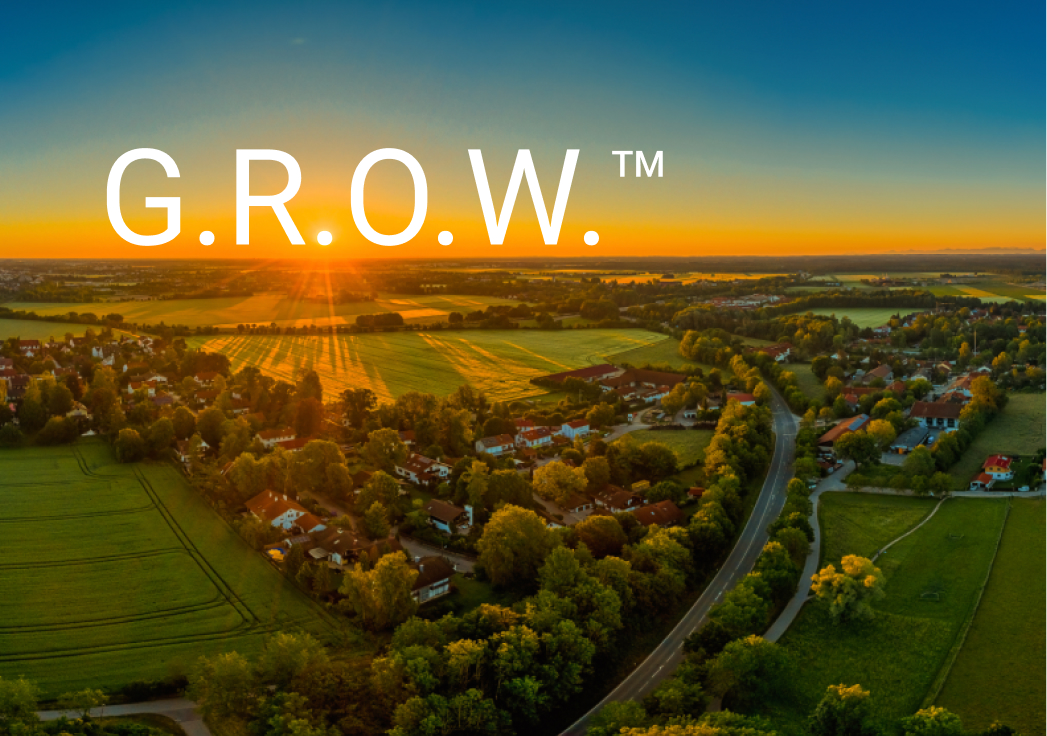University of Phoenix College of Doctoral Studies releases white paper promoting a paradigm shift towards belonging in workplaces

By Sharla Hooper
Authors Dr. Scott McCalla, Dr. Lisa Langford, and Dr. Alfreda Goods explore why some diversity, equity and inclusion (DEI) approaches fall short and how shifting to value-based thinking can more effectively foster belonging
University of Phoenix College of Doctoral Studies has released a new whitepaper, “Approaches Used for Diversity, Equity, and Inclusion: Working Toward Belonging,” in a collaboration between authors Scott McCalla, DM, staff faculty member and fellow, Center for Workforce Diversity and Inclusion Research (CWDIR), Lisa K. Langford, DM, staff faculty and fellow, CWDIR, and Alfreda Goods, DM, associate faculty and fellow, CWDIR.
Organizations with strong diversity, equity and inclusion programs see a competitive edge, with more resilience and adaptability as well as profitability. A recent study found that 80% of businesses have implemented DEI initiatives within their organizations.
The white paper explores why some diversity, equity and inclusion (DEI) approaches may not achieve the desired results. The white paper posits that shifting from a DEI approach to value-based thinking in a DEIB-Belonging approach can more effectively foster belonging and move organizations closer to achieving an inclusive workplace for everyone.
“While DEI efforts have primarily focused on representation and creating equitable opportunities, focusing on belonging emphasizes creating an environment where individuals experience acceptance and psychological safety,” states McCalla. “To ensure success of belonging focused DEIB strategy and initiatives, it is a necessity for employees to have a stake in the planning, delivery, and follow-up.”
McCalla is the Chief Strategy Officer for the International Pipe & Supply family of companies and an accomplished speaker on both business and motivational topics with a professional career of over 20 years. He holds a Doctorate in Management from University of Phoenix, and his ongoing research focuses on workplace bullying and workplace diversity and inclusion. He has published several papers on these topics and has presented his research at various conferences. McCalla is also interested in change management and has consulted for several national organizations to help them implement strategic change initiatives.
Langford has more than 15 years of higher education teaching experience. She served 21 years in the military and now works as a senior project manager with the federal government. Langford earned her Doctor of Management (DM) at the University of Phoenix, where she began her career in 2006, and an MBA from Pfeiffer University. She is a certified life coach and a member of Delta Sigma Theta Sorority, Inc.
Goods has over 15 years of corporate experience in banking financial processing. She has instructed graduate and undergraduate Business Administration students for over 12 years. Goods received her Doctor of Management in Organizational Leadership from the University of Phoenix, a Master of Management from Bellevue University in Bellevue, Nebraska, and a Bachelor of Arts in Philosophy from the University of Houston. She has received recognition for her community work with the NYC Department of Youth and Community Development and recently launched her brand ANVOEL – A New Voice on Ethical Leadership, with the vision to highlight the importance of ethical leadership and support the concept that Diversity, Equity, Inclusion, and Belonging (DEIB) is the norm and not the exception.
The full whitepaper is available at College of Doctoral Studies research hub and as a direct link here.
About the College of Doctoral Studies
University of Phoenix’s College of Doctoral Studies focuses on today’s challenging business and organizational needs, from addressing critical social issues to developing solutions to accelerate community building and industry growth. The College’s research program is built around the Scholar, Practitioner, Leader Model which puts students in the center of the Doctoral Education Ecosystem® with experts, resources and tools to help prepare them to be a leader in their organization, industry and community. Through this program, students and researchers work with organizations to conduct research that can be applied in the workplace in real time.
About the Career Optimism Index®
The Career Optimism Index® study is one of the most comprehensive studies of Americans' personal career perceptions to date. The University of Phoenix Career Institute® conducts this research annually to provide insights on current workforce trends and to help identify solutions to support and advance American careers and create equity in the workplace. For the third annual study, fielded between December 9, 2022 – January 13, 2023, more than 5,000 U.S. adults were surveyed on how they feel about their careers at this moment in time, including their concerns, their challenges, and the degree to which they are optimistic about core aspects of their careers. The study was conducted among a diverse, nationally representative, sample of U.S. adults among a robust sample to allow for gender, generational, racial, and socioeconomic differences and includes additional analysis of the workforce in the top twenty DMA markets across the country to uncover geographic nuances. The study also explores insights from 500 U.S. employers who are influential or play a critical role in hiring and workplace decisions within a range of departments, company sizes and industries to provide comparison between the workforce and those who hire, train, and retain them.
About University of Phoenix
University of Phoenix innovates to help working adults enhance their careers and develop skills in a rapidly changing world. Flexible schedules, relevant courses, interactive learning, skills-mapped curriculum for our bachelor’s and master’s degree programs and a Career Services for Life® commitment help students more effectively pursue career and personal aspirations while balancing their busy lives. For more information, visit phoenix.edu.


